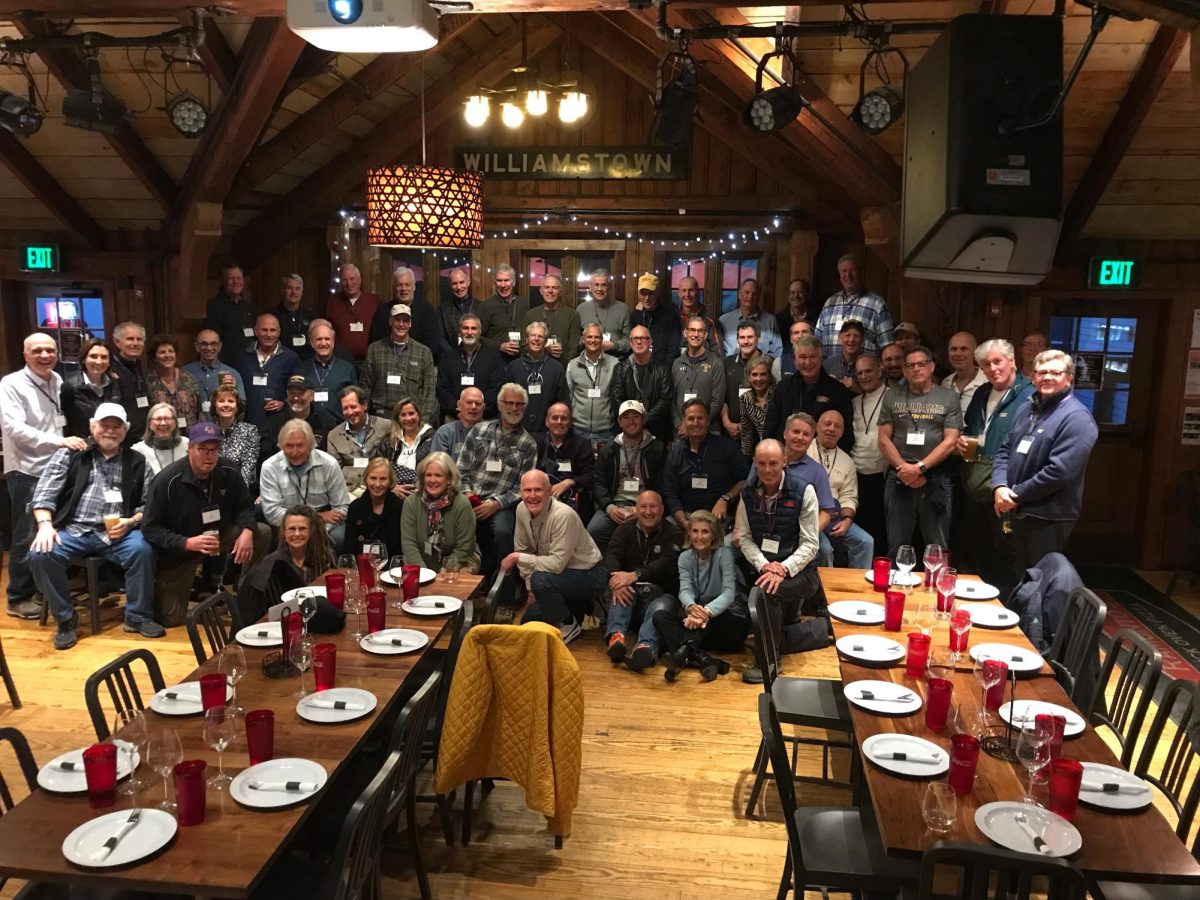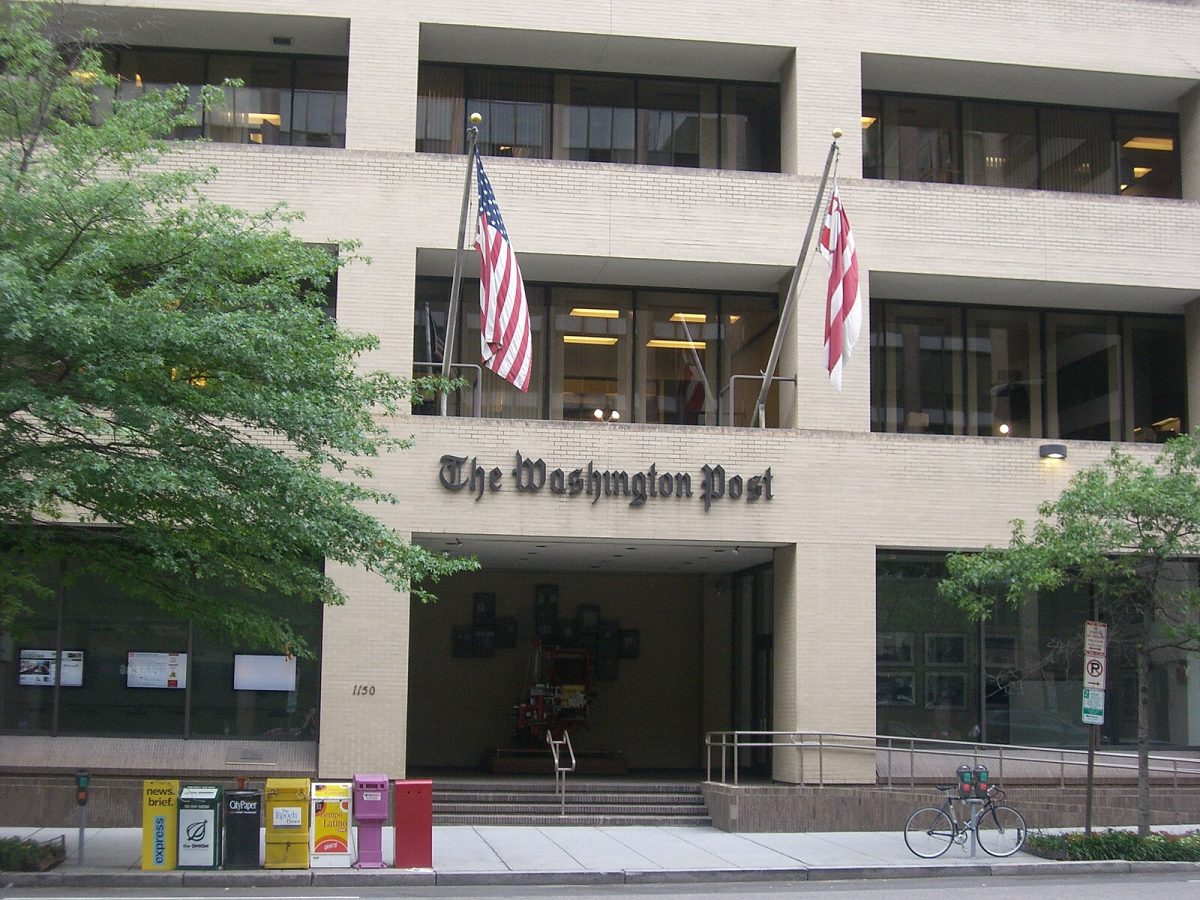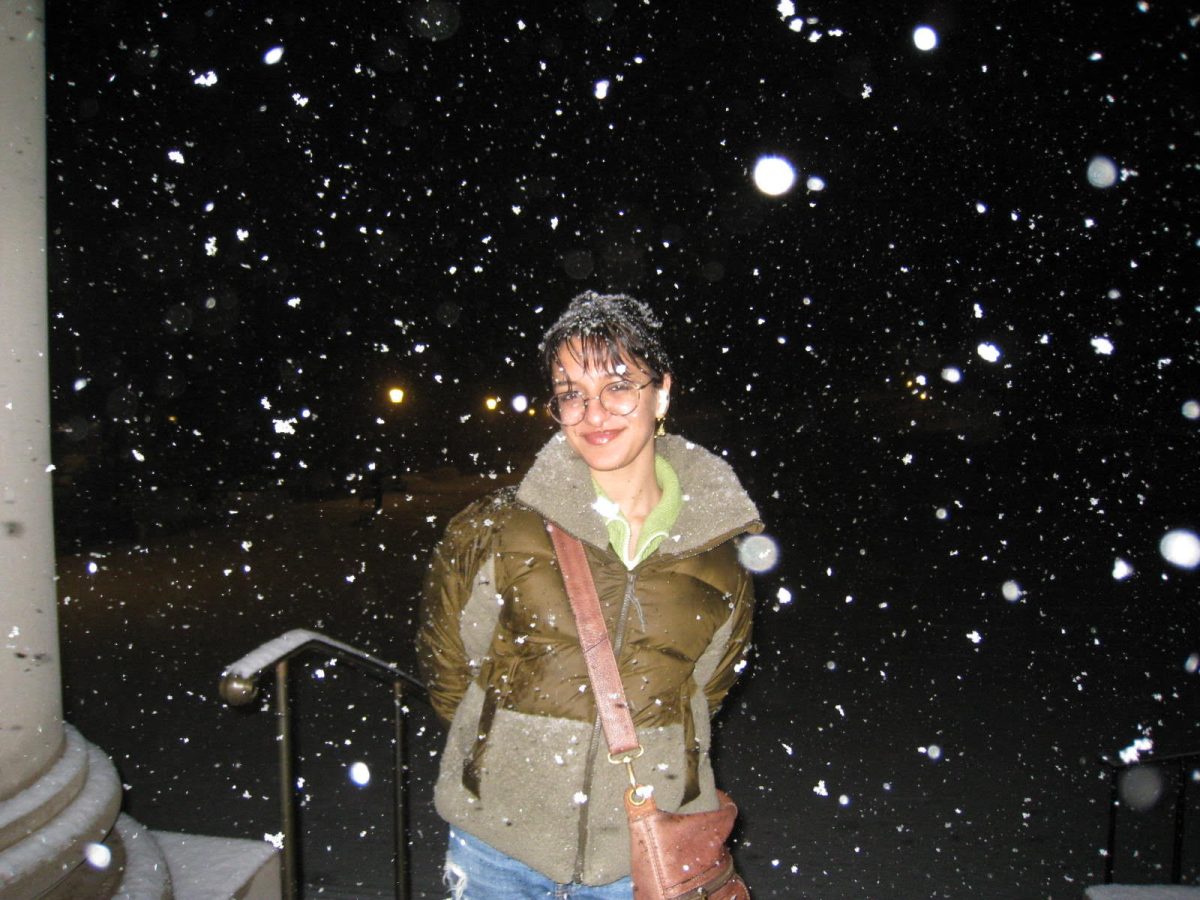The 2018 midterm election season has begun in the U.S., and the results of the Nov. 6 general election could have a profound impact on the control of Congress for the next two years and beyond. With this in mind, organizations at the local, national and regional levels are racing to register as many people to vote before the Oct. 13 general election registration deadline as possible.
With National Voter Registration Day having just passed on Tuesday and buzz around the elections growing, some College students who now have the ability to vote and participate in an election may be wondering about what impact their vote may have.
Professor of Political Science Cheryl Shanks, however, views voting in elections not only as a way to affect real change in the community but also as an exercise of one’s right and responsibility to vote.
“Voting is a power – not just a right – an actual exercise of power,” Shanks said. Though one vote may not have an influence on the outcome of the race, she said, being involved in these democratic processes is about taking charge of social responsibility and allowing for engagement in the community.
Thus, being fully informed on the voting process for this upcoming election is critical for bringing to life the nation’s goals and commitments to democratic ideals.
First, students will have to register beforehand. Students should also update their registration if their name, address or political affiliation has changed. According to federal law, college students are eligible to register to vote in either the states they go to college in or their home states. One advantage of registering in Massachusetts is that you can vote directly at Williamstown Elementary School without requesting an absentee ballot, which may increase students’ likelihood of actually voting.
However, the outcome of the elections back home may be more important, especially if the race is predicted to be close. In deciding where to cast your vote, Professor of Political Science Jim Mahon advises students to register “wherever [they] think they know about the issues and care about the issues the most.”
There are many ways to register to vote and groups willing to facilitate the process. For example, the Center for Learning in Action (CLiA) is frequently in Paresky during lunchtime for questions about voting. Along with this, a number of students active in politics table every Friday in Paresky from 11:00 a.m. to 1:30 p.m. to help students with voter registration and absentee voting.
These groups hope to increase participation in democratic processes by students, who are included in a demographic of dismal voter turnout, especially in midterm years. According to The New York Times, only 18 percent of young people voted in 2014, although they make up 37 percent of the overall population.
“People participating in democracy is important,” Joey Fox ’21, one of the student organizers who regularly table on Fridays, said.
College Council (CC) is also seeking to increase voter registration and turnout in the midterm elections. A new software called TurboVote has recently been launched at williams.turbovote.org to promote the voter registration of students who reside in the United States. TurboVote simplifies the registration process by keeping track of the complicated voting rules for all 50 states as well as reminding students about upcoming deadlines and other logistical information through text and email. Three million people have already registered to vote nationwide through the voting tools.
Additionally, CC is working with Professor of Africana Studies Neil Roberts to address voting access and exclusion, in part by bringing speakers to discuss voter suppression and alternative forms of advocacy. They are also pushing the administration to join NSLVE [The National Study of Learning, Voting and Engagement], a program out of Tufts that tracks levels of voter turnout on many college campuses.
In regard to Williamstown’s community efforts, the League of Women Voters has a webpage as well as a table set up at the Williamstown Farmers Market to encourage locals and students to register, and right across the street from Greylock Quad is the town clerk’s office, which can help facilitate questions about voter registration and absentee voting any day of the week.
For more detailed information on the voting requirements of each state, check out usa.gov/voting. The deadline to register to vote is several weeks before election day and varies by state; in New York, California and Massachusetts (the three states constituting the greatest share of undergraduates at the College), the deadlines to register are 25, 15 and 20 days before Election Day, respectively.








